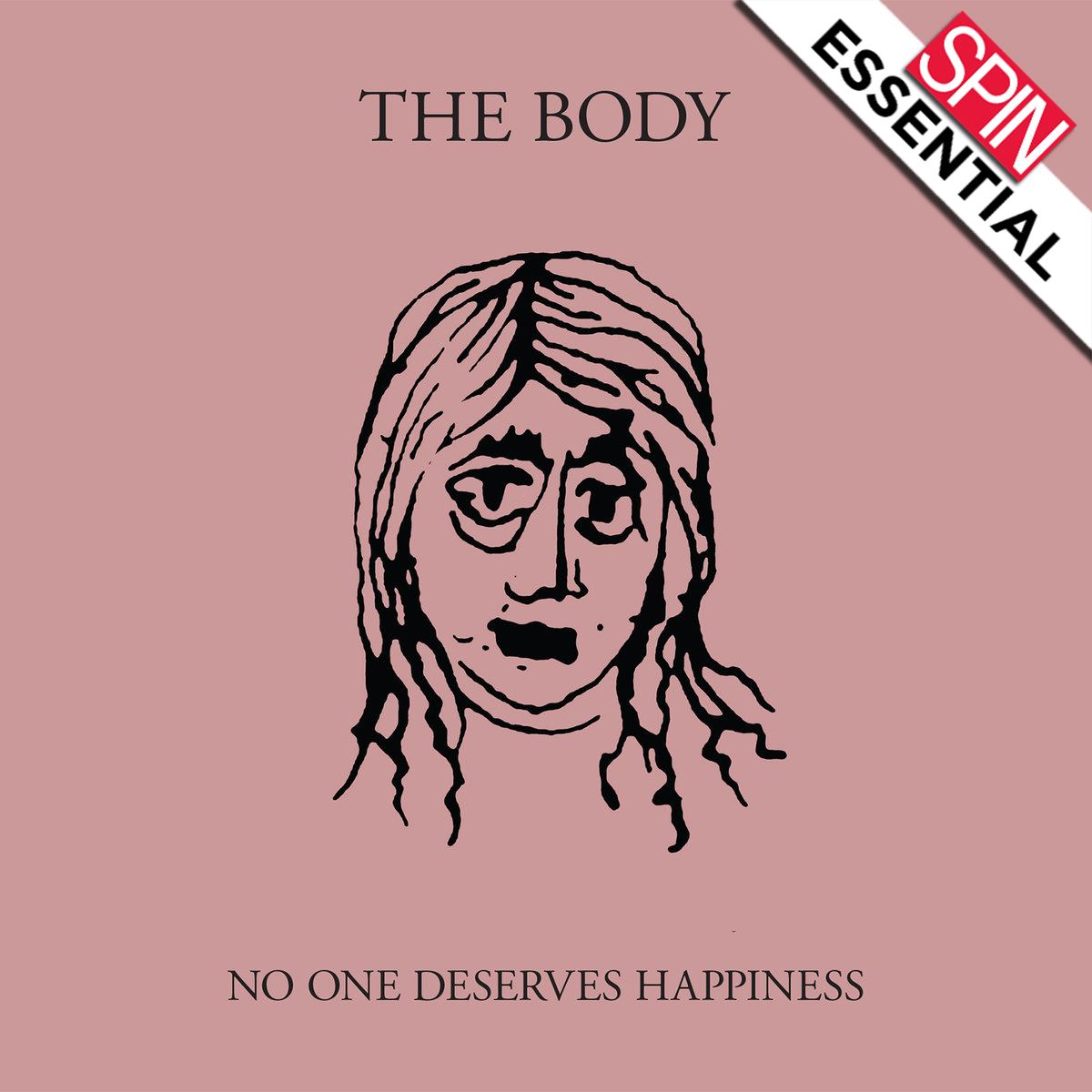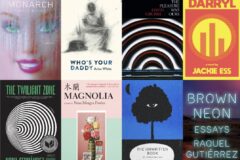Release Date: March 18, 2016
Label: Thrill Jockey
Even though the pummeling and altogether bleak aesthetic of metal suggests a moribund nihilism, there’s a recent resurgence of forward-pushing bands who have captured something almost optimistic, even life-affirming, in the genre’s potential. This has resulted in a mass reshaping of the limits and boundaries of a metal album, in ways as tangible as “acceptable” chord progressions in a post-Alcest landscape, and as intangible as the adjectives we use to describe an album’s effect on us, like “transcendent.”
As the band’s fourth full-length (excluding more than a dozen collaborative efforts), and the second on the decidedly non-metal imprint Thrill Jockey gears up, the prospect of another such outlet in pre-election 2016 is beyond welcome. From here, the third track, “For You,” explodes with a disgusting violence reserved typically for an experimental band’s “harsh-noise” nights, and all signs appears to point to the Body delivering exactly what we’ve come to expect.
But while Happiness absolutely has the feel of a Body album, it in no way sounds like anything we’ve heard from the band before. The once-constant roar of King’s guitar now sputters out halfway through the riff of “Shelter is Illusory” which, when mixed with bizarro-pop 808s, endearingly evolves into the worst attempt at a pop song this side of Ciccone Youth. Even more strikingly, the rhythm on “Two Snakes” sees Buford adapting a bouncy syncopation whose unpredictability might be the biggest aesthetic departure on the album. So it’s not the straightforward sludge we’ve come to anticipate, instead taking increased advantage of dead space, false starts, and even what sound like key changes on the tracks not fronted by King. But we still get the sense that as the urgency of “Hallow/Hollow” works up to a fever pitch, this album, like everything the band has done, is designed to break us now only for us to thank them later.
In declining to meet expectations, the Body have gotten free of the potential pigeonholing that plagues both them and the genre at large, providing something so utterly resigned, hopeless and, above all, barren; the most exciting bits on No One end up heightening the frustration and disappointment we crave more and more with each listen. These particularly include the pulverizing on “Starving Deserter,” the genuinely novel, almost catchy “Two Snakes,” and the gorgeous, Sugarcubes-on-ketamine “Adamah” (penned and sung by Maralie Armstrong, ). Meanwhile, we are engulfed with the sparseness of the sad and f**king hopeless dirge of “Prescience” and standout ballad “The Fall and the Guilt,” the latter hearkening back to the band’s more ambient work with Greensboro post-rock dronescapers Braveyoung. In moments like these, where the reprocessed guitars give way to organic and subtle drones somehow pulled out of guitars and (apparently) a cello, the purpose of the preceding buildup gets called into question.
Even if you strip away the formal progress they’ve established (over the past few years and the album’s previous 30 minutes), you’ll find your presumptions shattered for what their cathartic rage — historically directed at race relations in post-civil rights America and the police at large — can be used for. And yet this new record still preserves all of the elements that have helped the Body earn their place in today’s “beyond-metal” dialogue, even though there’s no way to feel fulfilled, relieved, or otherwise stronger for listening. As for that illusory comfort and false sense of accomplishment that has become increasingly associated with crossover bands like the Body over recent years? Well, we don’t deserve that, either.





